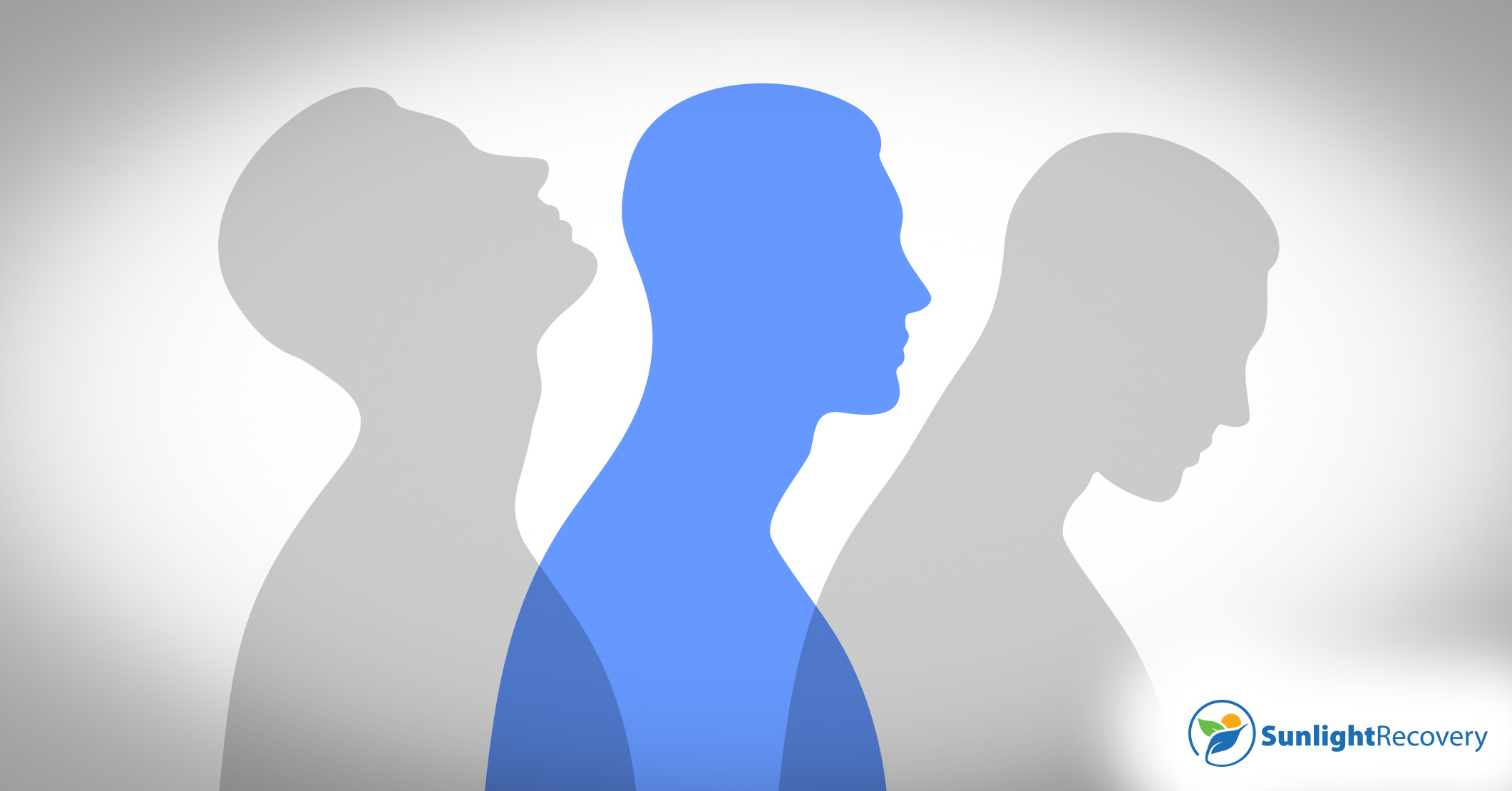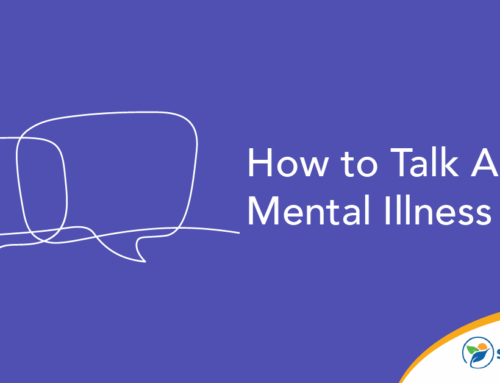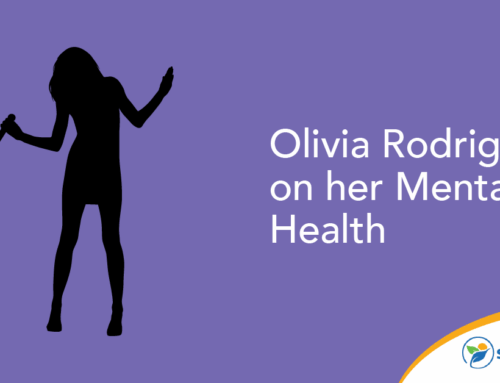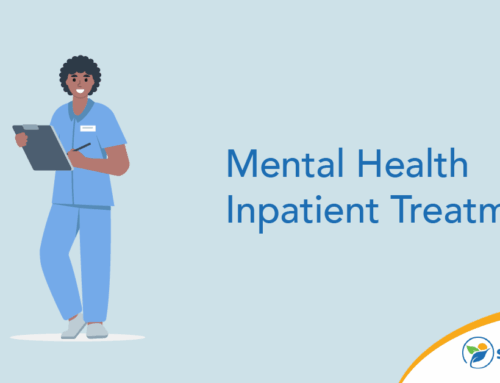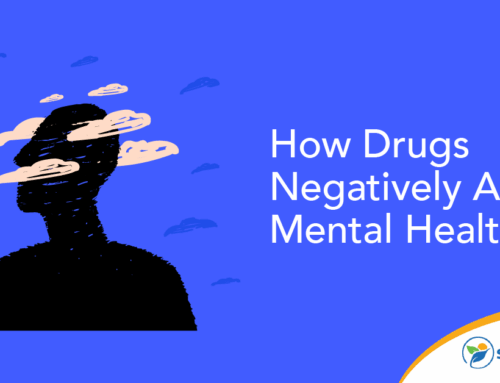Jon Hamm is a famous American actor best known for playing the role of Don Draper on the television show Mad Men. He is a classically handsome man who’s had massive success in his career. But mental health conditions don’t discriminate and can happen to anyone. And Jon Hamm has been very open about his struggles with chronic depression. Let’s take a look at Jon Hamm’s depression management advice.
Jon Hamm’s Career: An Overview
From the very beginning, Hamm was dedicated to his chosen profession. He moved to Los Angeles in 1995 with the one goal of being a famous actor. For many years, he landed small roles in movies and television shows. But it wasn’t until he landed his part in Mad Men in 2007 that he achieved international fame and success. Mad Men grew to be an incredibly popular show and went on for seven seasons. Since the show has ended, Hamm has mostly taken roles in major films.
Jon Hamm’s Depression Management Advice
Hamm first opened up about his struggles with depression in 2010. The actor lost his mom when he was just 10 years old, and his father passed away when he was 20. It was the loss of his father that triggered a downward spiral into a deep depression. He shared he was “unmoored by that” and “left in bad shape.”
So, what’s Hamm’s advice for coping with chronic depression? Therapy and medication. With the help of antidepressants and therapy, the actor was able to manage his depression. He said therapy helps and shared, “what therapy does [is] it gives you another perspective when you are so lost in your own spiral.”
Hamm also doesn’t shy away from his use of antidepressants. He said, “Antidepressants help! [They] can change your brain chemistry enough to think: ‘I want to get up in the morning; I don’t want to sleep until four in the afternoon.'”
The actor spent 8 years playing a dark and alcohol-loving character on Mad Men. The heaviness of the role took a toll on him. And when Hamm was going through a difficult time in his life, he turned to alcohol to cope.
In 2015, Hamm went to rehab for treatment for his alcohol addiction. Hamm has openly shared the benefits of going to a rehabilitation program, saying, “There’s something to be said for pulling yourself out of the grind for a period of time and concentrating on recalibrating the system. And it works. It’s great.”
Hamm has seemingly not needed to go back to rehab for alcohol treatment since 2015.
Coping Strategies for Chronic Depression
John Hamm’s depression management solution of medication and therapy is one any mental health professional would approve. Hamm shared, “I was prescribed Prozac, which I took for a month. The therapy and the pharmaceuticals clear up your brain chemistry just enough so you can start taking steps forward.”
In addition to medication and therapy, people can help manage the symptoms of their chronic depression by:
- Meditating
- Getting frequent physical exercise
- Eating a healthy diet
- Getting quality sleep
- Journaling
- Maintaining close relationships
- Reducing stress wherever possible
- Stopping drinking or taking substances
- Talking to your doctor if your antidepressants aren’t working — they might need a brand or dosage change
Mental Health Advocacy and Celebrity Influence
Celebrities can have a huge impact when they embrace mental health advocacy. When famous people discuss mental health struggles, it normalizes the topic for everyone else. After all, if a rich, beautiful and successful celebrity can have depression, anxiety or PTSD, so can an average person.
In particular, Jon Hamm and his mental well-being is a topic you see in headlines often. Hamm hasn’t backed away from sharing his struggles with addiction and depression. He also frequently discusses what’s worked for him to overcome these problems. The actor is a massive advocate for rehab, therapy and medication. In one interview, he suggested that if someone can afford it, they should view going to a therapist the same as going to a dentist. It should be a regular part of your routine and seen as a necessity.
Hamm has fought against the stigma around mental health conditions. He said in one interview, “Medical attention is medical attention, whether it’s for your elbow or for your teeth or for your brain. And it’s important.”
It’s estimated that more than 1 in 5 U.S. adults live with a mental illness. And mental health conditions are treatable. When someone gets the right help, they can manage their symptoms and live a happy, fulfilled life. In particular, depression is a condition that sees a significant impact from treatment. In fact, one study found that up to 80% of individuals who seek treatment for depression in the form of medication, psychotherapy or support groups see an improvement in their symptoms within 4 to 6 weeks.
Sadly, depression is still a mental health condition with a lot of stigma attached to it. People have many misconceptions about depression. They may say, “You could just choose to feel happy” or “Just think happy thoughts and you’ll be better.”
Educating people that a person can’t simply wish depression away is essential. In particular, Hamm has stressed in many interviews that depression is a brain chemistry imbalance. He says depression has “the most interesting stigma. People think if you break your ankle, you’re not expected to just walk it off. But if your brain chemistry is somehow a little tweaked, you’re somehow expected to just deal with it.”
The more celebrities like Hamm voice their unapologetic stories of coping with mental health illnesses, the more the public can see that these are issues everyone deals with. We all need to work to end the stigma so people can seek treatment that will help them.
Depression Treatment at Sunlight Recovery
Are you struggling with depression? You don’t have to live with symptoms that make your daily living harder than it has to be. The staff at Sunlight Recovery can help you find a program that fits your needs. Contact us today to find out more.


